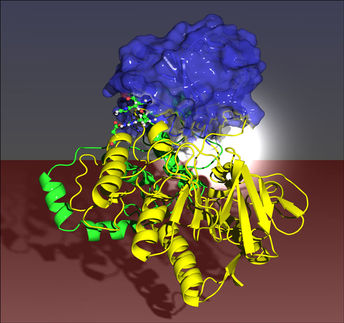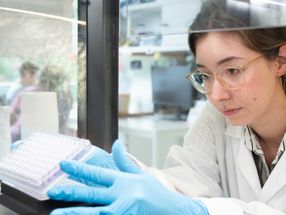“Area of Competence Days” at Evonik Point to Perspectives in Biotechnology
Possibilities and opportunities are far from exhausted
Advertisement
White biotechnology is becoming a major driver of growth and innovation in the chemical industry of the 21st century. This was the assessment recently made by one of Evonik Industries’ largest professional conferences on white biotechnology in Marl. The event, Bio Business Perspectives, brought together some 150 company employees, business leaders, and politicians on September 9 and 10, 2009. The discussion centered on new biotech processes and products to meet the needs of tomorrow. Thanks to its low energy and resource intensity, white biotechnology is already scoring many points as an alternative to conventional contemporary chemical processes. The two Area of Competence Days held at Evonik underscored, however, that the economic and ecological potential of this technology is far from exhausted.
“White biotechnology means new methods, new possibilities, and new markets based on nature,” said Patrik Wohlhauser, chairman of the Management Board at Evonik Degussa GmbH. “Fewer CO2 emissions, lower energy consumption, and higher efficiency – these advantages of white biotechnology are particularly welcome news in difficult times. The health, nutrition, and cosmetics markets continue to open up new growth opportunities for bio-based products,” Wohlhauser continued. “As one example Evonik has already established several products in the cosmetics market that were made using biotech processes. This includes ceramides, which regulate the various cellular processes of the skin," added Dr. Peter Nagler, Head of Innovation Management Chemicals & Creavis at Evonik.
In their business unit presentations, Evonik’s experts discussed today’s biotechnology business, with all its opportunities and risks, and highlighted potential growth areas. Speakers from other companies and from the industry peer group analyzed the business perspectives of biotechnology from their views along the supply chain. Thus, Christophe Rupp-Dahlem, director of the vegetal-based chemistry program of the French company Roquette, introduced the fermentative production of succinic acid from glucose. The acid can be used in the manufacture of new materials, and a demo plant is scheduled to become operational this year, with a first production plant to follow two years later. “Industrial biotechnology will be a cornerstone of our future bio-product technologies,” Rupp-Dahlem emphasized.


























































